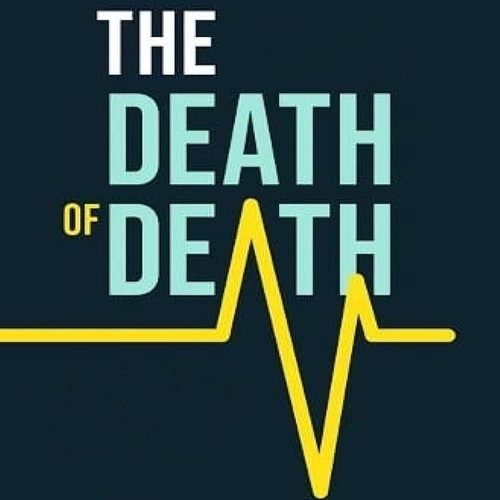Key points from article :
Another year has passed, bringing us deeper into the 21st century and its evolving promises. The visions of Golden Age science fiction, filled with orbiting colonies and slide-rules, have given way to a world focused on cellular biochemistry. Instead of limitless energy and interstellar exploration, computation has fueled breakthroughs in biotechnology, offering hope for longer, healthier lives.
Human life expectancy continues to rise, despite challenges like obesity. Advocacy for aging research is more vital than ever, even as progress accelerates. Unlike the war on cancer, society has yet to fully embrace a battle against aging.
This year saw the merger of SENS Research Foundation and Lifespan.io, alongside the English release of The Death of Death, underscoring shifts in the field. The growing longevity industry is now a meaningful part of the biotech landscape, despite facing high costs and regulatory hurdles. Optimism persists, with governments beginning to support initiatives like biological age measurement.
Therapies targeting aging mechanisms are expanding rapidly. Updates include advancements in atherosclerosis treatments by Cyclarity and Repair Biotechnologies, mitochondrial transplantation by Mitrix Bio, and liver organoid implants by Lygenesis. While many therapies aim to slow aging modestly, rejuvenation approaches focused on damage repair hold promise. Resources like Aging Biotech Info provide valuable insights into this burgeoning industry.
Cell loss and tissue atrophy remain critical challenges. Efforts to regenerate the thymus and deliver new cells to aging tissues show progress, while gene therapy offers hope for in-situ regeneration. Tissue engineering faces hurdles like creating vasculature, yet promising developments include using extracellular matrix patches for organ repair. DNA damage and its repair mechanisms are another focus, with innovations like epigenetic reprogramming showing potential for reversing age-related dysfunctions in the brain and cardiovascular system.
Mitochondrial dysfunction, driven by DNA damage and impaired quality control, plays a significant role in aging. Researchers are exploring allotopic gene expression and mitochondrial transplantation to restore function. Senescent cells, which drive inflammation and tissue decline, are being targeted by senolytics such as dasatinib and quercetin. Research also explores alternatives like modulating inflammatory signaling and enhancing immune responses to senescence.
Protein aggregates, including amyloid-β and tau, remain central to neurodegenerative diseases. Advances in immunotherapies for Alzheimer’s and technologies targeting tau aggregation are promising. The gut microbiome, significantly altered with age, affects chronic inflammation and systemic health. Strategies like microbiota transplantation and engineered probiotics aim to restore youthful microbiome profiles, with potential benefits for aging-related diseases.
Cryonics, though still a niche field, offers hope for preserving individuals until future rejuvenation becomes viable. Advances in organ cryopreservation may eventually elevate its status. Aging clocks, which measure biological age, continue to evolve with proteomic, epigenetic, and transcriptomic innovations. These tools are essential for guiding therapies and assessing progress, though challenges like tissue variability persist.
The field of longevity research is advancing steadily, driven by growing collaborations, innovative therapies, and a deepening understanding of aging mechanisms. While progress is slower than ideal, the foundation being laid today offers a glimpse into a future where healthier, longer lives may become a reality.











